In a surprise decision that will disappoint international engineering firms, Malaysia’s new Prime Minister Mahathir Mohamad declared yesterday that he will cancel the multi-billion-dollar scheme to build a high-speed railway between Kuala Lumpur and Singapore.
Aecom, CH2M (Jacobs), Mott MacDonald, and WSP are some of the European and North American companies to have won roles on the ambitious project, which has been the subject of a formal agreement between the two countries since December 2016.
With his country’s finances under strain, Mahathir said the decision was to “avoid being declared bankrupt” in an interview with the Financial Times published Monday, 28 May.
Malaysia “needs to do away with some of the unnecessary projects, for example the high-speed rail, which is going to cost us RM110 billion [US$27.6bn] and will not earn us a single cent”, he said, adding, “That will be dropped.”
Mahathir is also reported to be scrutinising the $13bn East Coast Rail Link (ECRL), which China is funding and building.
The cancellation came as an investigation into corruption tightened around former prime minister Najib Razak, who lost the 9 May general election to 92-year-old Mahathir, himself a previously serving prime minister from 1981 to 2003.
Najib was barred from leaving the country after the election. He has faced accusations of corruption in connection to the state property investment fund he set up and ran, 1Malaysia Development Berhad (1MDB), from which billions of dollars appear to have gone missing.
Concern over Malaysia’s finances intensified last week when documents declassified by the new government showed 1MDB to be drowning in debts of $18bn, nearly double the debt previously declared by the Najib government.
With trains moving at 300km/h, the 350-km line was to begin operating in 2026, cutting the land journey between Kuala Lumpur and Singapore to just 90 minutes from the current four-plus-hour drive. It was to have seven dedicated stations in Malaysia and one in Singapore.
Questions will now be raised over Kuala Lumpur’s huge property development, Bandar Malaysia (rendered above), a flagship scheme of 1MDB that was to be developed around the Malaysian terminus of the high-speed railway.
The project had been proceeding at pace before the election. Land acquisition for the longer Malaysian segment was to begin next month. In April two large Malaysian consortiums were appointed project delivery partners for the civil works.
European and North American engineering firms had won roles on the multi-package scheme.
Systra and Meinhardt were awarded two reference design consultant contracts; WSP and Mott MacDonald was named joint development partner in a consortium with Ernst & Young; US group Aecom won a $25m deal to provide engineering consultancy services; and CH2M (now owned by Jacobs) had secured a role as technical advisor for the Malaysian side’s delivery body, MyHSR.
Yesterday Mahathir acknowledged his government would likely have to pay compensation to Singapore for cancelling the scheme.
After the Financial Times interview appeared, the prime minister gave a press briefing in which he said: “It is a final decision but it will take time because we have an agreement with Singapore. We have to manage it at the least cost possible.”
Last night Singapore’s transport ministry said it had not received official confirmation of the Malaysian decision.
According to reports, Mahathir is also reconsidering another major scheme initiated by the Najib administration – the $13bn ECRL, a 688-km line connecting Malaysia’s northeastern cities with Kuala Lumpur.
He called the contract “strange”, saying: “The contractor must be from China and the lending is from China.”
In the run-up to the election, Mohamad said he would review the in-pouring of Chinese investment in property and infrastructure.
Meanwhile, the re-opened corruption probe into 1MDB took a dramatic turn as well last week when police revealed they had discovered cash totalling $28.6m, plus jewellery and hundreds of luxury handbags in homes they had searched, which included Najib’s home and those of his son and daughter. The cash was in various currencies, packed into suitcases.
Image: Artist’s render of the planned 196.7ha Bandar Malaysia business district in Kuala Lumpur, to be developed around the terminus of the high-speed railway (TRX City)
Comments
Comments are closed.

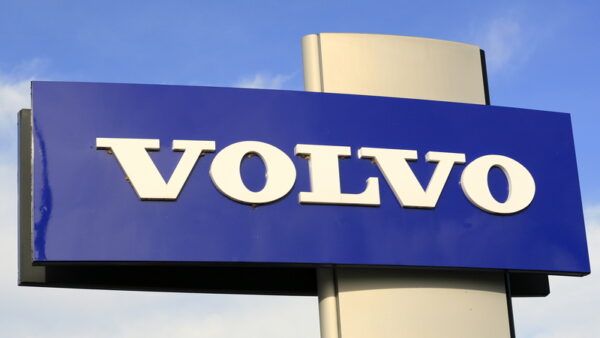
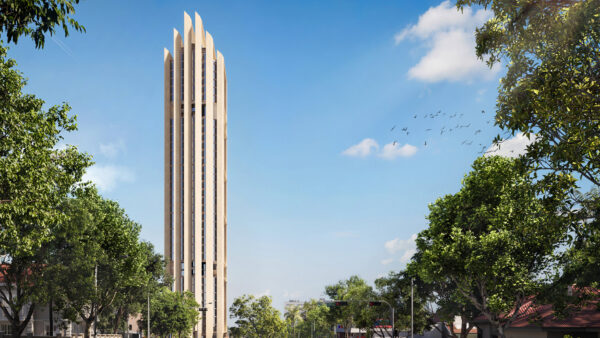
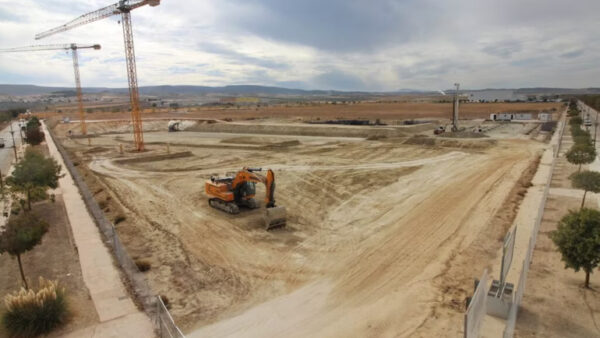
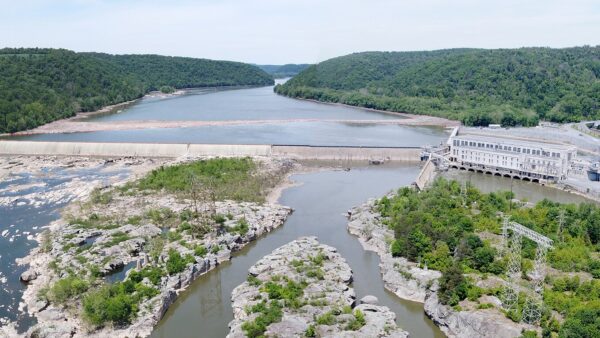
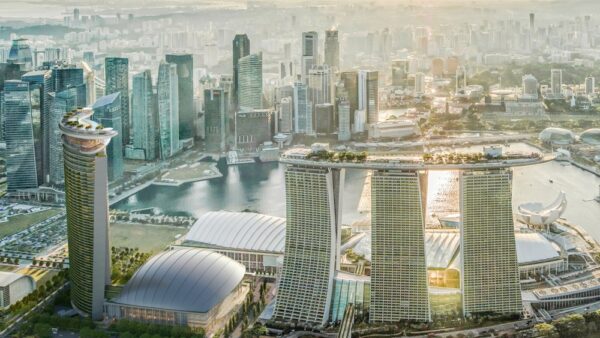
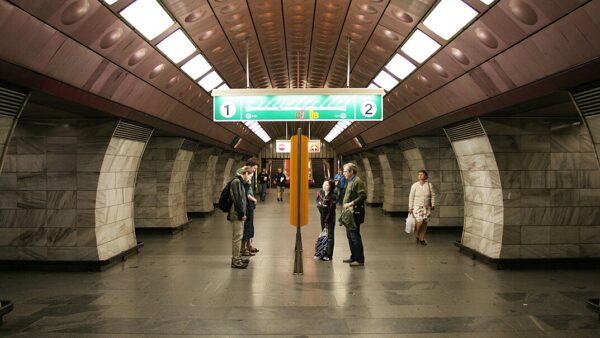
JPods would like to privately fund building solar-powered urban networks. Longer routes, such as between Kuala Lumpur and Singapore can be built with private capital by Hyperloop.